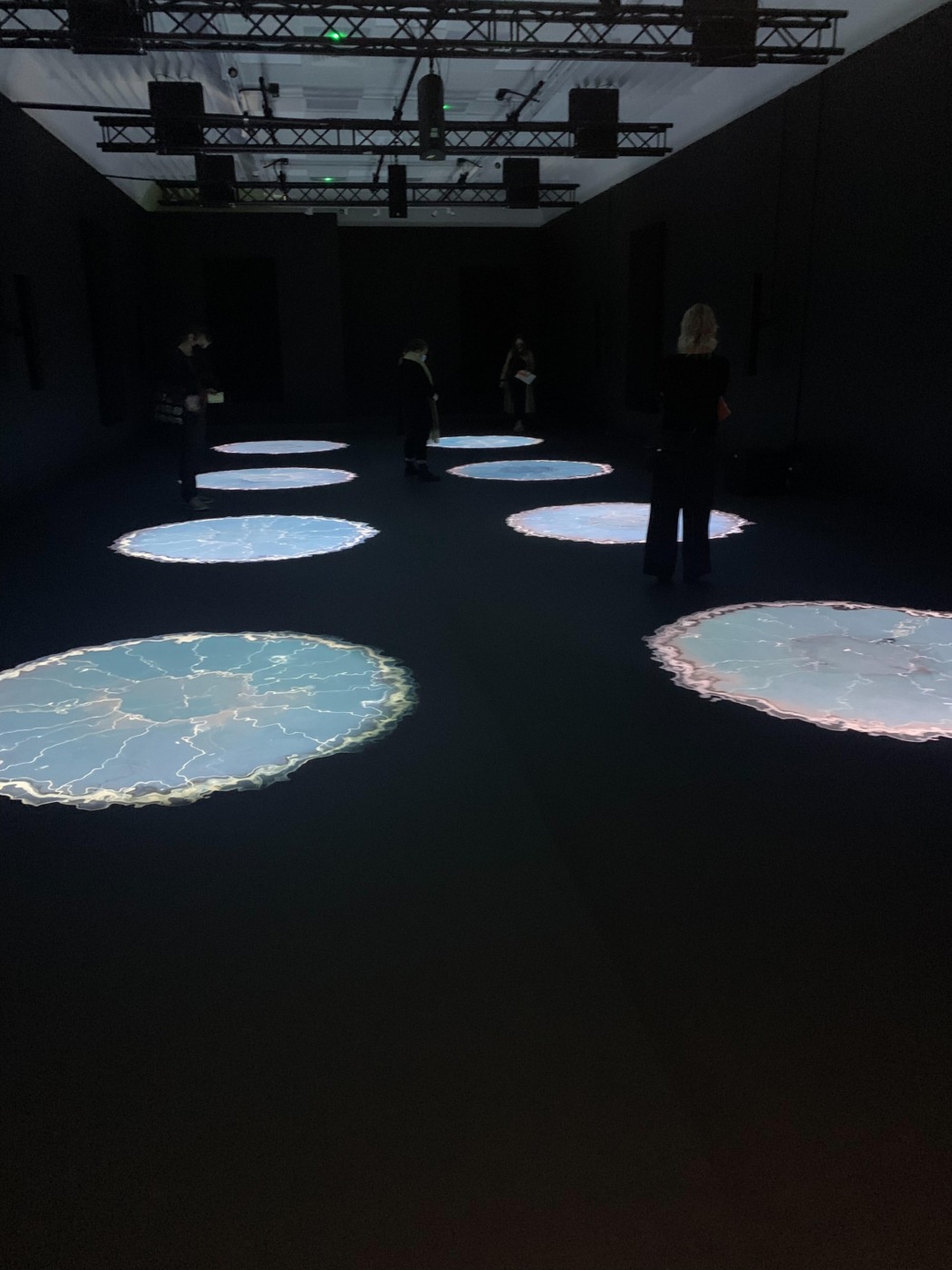The Turner Prize 2021 comes to Coventry
The Turner Prize is one of the most coveted contemporary art prizes in the world, and this year it is being exhibited in the University of Warwick’s hometown of Coventry. It is a prize that awards an artist born, living or working in Britain for an outstanding piece of public presentation anywhere in the world in the past year. Careers have sky-rocketed into the realm of icons of art history from winning this award, with past winners such as Steve McQueen in 1999; Damien Hirst in 1995; and Grayson Perry in 2003.
It only seems right the jury selected a shortlist of groups who champion a collaborative process by responding to the pandemic in solidarity and reflecting on the importance of community.
However, this year the jury has selected not several individual artists, but a shortlist of five art collectives. The five nominees work closely with their communities to use art as a catalyst for social change. For nearly two years of our lives being consumed by the coronavirus, it only seems right the jury selected a shortlist of groups who champion a collaborative process by responding to the pandemic in solidarity and reflecting on the importance of community.
This year the exhibition is being held in The Herbert Art Gallery and Museum; in the heart of Coventry. It is most definitely appropriate that the year the Turner Prize is celebrating community and togetherness, that it is being exhibited in the City of Culture 2021 (which runs for twelve months, and began on 15th May of this year). Chenine Bhathena, the Creative Director of Coventry City of Culture Trust states that the “UK City of Culture 2021 places a huge emphasis on working with our many communities, celebrating creativity, embracing a range of difficult societal concerns and putting social activism at the centre of how we imagine our future.” Consequently, this union of community and togetherness meant that the museum has undergone major redevelopment for the City of Culture, as well as in anticipation for the Turner Prize.
I had the pleasure of getting a preview of the exhibition, which opened on the 29th September and will run through to the 12th January 2022, with the winner being announced in Coventry Cathedral on the 1st December. Hammad Nassar, the Lead Curator of the Turner Prize 2021, lead us around the exhibition describing it as a “pocket utopia”.
We were met first with a film installation by Cardiff-run Gentle/Radical who is formed of artists, community workers, performers, faith practitioners, writers and others. The opening interpretative text for their collective was written in Welsh highlighting their true culture and heritage. This is their first exhibition showing a three-screen installation of ten readings of informal letters, so no matter when you enter the exhibition you encounter a conversation.
Nassar then lead us into the next room, which exhibited Array Collective. They are a Belfast-based collaborative project that responds to issues affecting Northern Ireland through performances, protests, exhibitions and events. For the Turner Prize, they invite you to gather in the local sibin (a pub without permission) to watch the Druthaib’s Ball that celebrates life and death in the wake of a centenary celebration of Ireland’s partition. Much like Gentle/Radical, their opening interpretative paragraph was not written in English but in Gaelic, which acknowledges other languages and cultures throughout the four nations, reclaiming and questioning traditional identities.
Array Collective then lead us onto Black Obsidian Sound System (B.O.S.S.) a London-based collective made up of Queer, Trans and Intersex Black and People of Colour. Their piece for the Turner Prize is named “The Only Good System is a Sound System”, which reflects how marginalised groups have developed (and are developing) methods to unite against the repression and discrimination in the UK. In the centre sits black obsidian, a volcanic rock, which remains stable, amplifies people’s voices and makes invisible people visible. This space B.O.S.S. use for the Turner Prize will become a workshop space, and so the exhibition adds to the system, amplifying the voices of the
people B.O.S.S. stand for.
Project Artworks is the penultimate collective group shown at the exhibition. Project Artworks works with artists who have complex support needs. They create a wider support network, making a studio space to make creativity possible. It was refreshing to see neurominorities in a creative role, advocating arts for people with all different needs. In the centre of their space, they store works that have been made over the last 20 years. As a group they are forcing institutions, including the Herbert, to support artists with complex support needs.
Finally, we entered a dark room where Cooking Sections exhibits eight film installations on the floor showing open net fishing of thousands if not millions of salmon in Scotland. ‘Salmon: Traces of Escapees’ continues Cooking Sections long-term work of ‘CLIMAVORE’, which means eating as if the climate emergency matters. Audio is played over the film installation that instructs you of the ecological, biological, economic (and so on) problems with salmon fishing. They also go beyond the art installation, realising that this alone cannot enforce change, but work closely with cafes, restaurants and coastal communities to think more carefully about sustainable substitutes and become climavores.
Each of the art collectives has gone beyond the Turner Prize, as they go back to the roots of their community, advocating change and beginning (and continuing) to think about how art can change the public. The Turner Prize can often be viewed as an elitist award, but this year seems different. They are opening it to the masses allowing everyone to go beyond the exhibition space and to think about how communities keep our creativity alive.

Comments